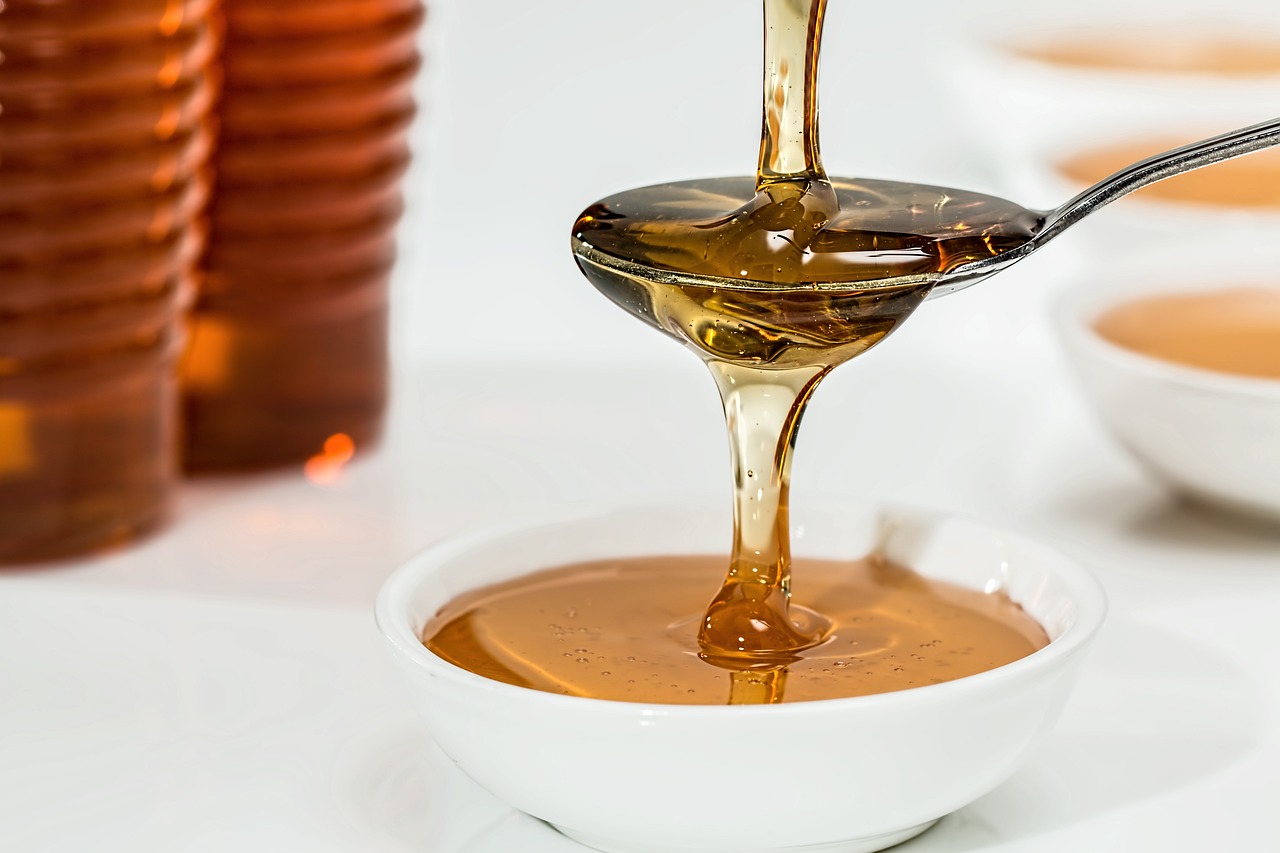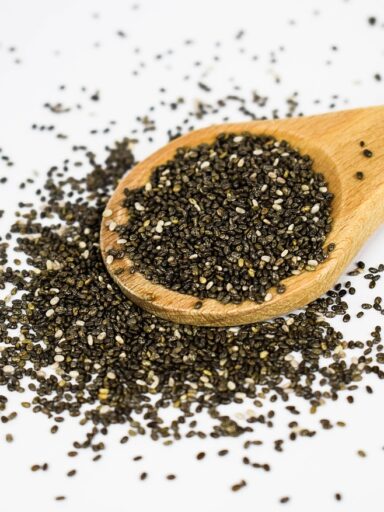Honey, often regarded as nature’s candy, has been found to have significant effects on brain health and function.
The Composition of Honey
Honey is a complex mixture of sugars, enzymes, amino acids, vitamins, minerals, and antioxidants. The primary sugars in honey are fructose and glucose, which are easily absorbed and provide quick energy. Additionally, honey contains a variety of bioactive compounds, including flavonoids and phenolic acids, which contribute to its health-promoting properties.
Honey and Neuroprotection
One of the most intriguing aspects of honey is its potential neuroprotective effects. Research suggests that honey’s antioxidant and anti-inflammatory properties play a crucial role in protecting the brain from oxidative stress and inflammation, both of which are associated with neurodegenerative diseases such as Alzheimer’s and Parkinson’s.
Oxidative Stress and Antioxidants: Oxidative stress occurs when there is an imbalance between free radicals and antioxidants in the body. The brain is particularly vulnerable to oxidative stress due to its high oxygen consumption and abundant lipid content. Honey, rich in antioxidants like flavonoids and phenolic acids, helps neutralize free radicals, reducing oxidative damage to brain cells.
Anti-Inflammatory Effects: Chronic inflammation in the brain can lead to the progression of neurodegenerative diseases. Honey’s anti-inflammatory properties, attributed to its bioactive compounds, can help reduce inflammation in the brain, potentially slowing the progression of these diseases.
Cognitive Function and Memory
Honey has also been linked to improvements in cognitive function and memory. Several studies have shown that regular consumption of honey can enhance learning and memory, possibly due to its neuroprotective and antioxidant effects.
Memory Enhancement: Research indicates that honey may improve both short-term and long-term memory. The antioxidants in honey can reduce oxidative stress in the hippocampus, the brain region associated with memory formation. This reduction in oxidative stress helps preserve cognitive function and memory performance.
Neurogenesis: Some studies suggest that honey may promote neurogenesis, the process of generating new neurons in the brain. This process is crucial for learning and memory, as well as overall brain plasticity. By supporting neurogenesis, honey could help maintain cognitive function and potentially counteract age-related cognitive decline.
Honey and Mood Regulation
Honey’s impact on brain health extends to mood regulation. It has been observed that honey can have an anxiolytic (anxiety-reducing) effect, potentially due to its antioxidant properties and ability to modulate neurotransmitters.
Serotonin and Dopamine: Honey can influence the levels of serotonin and dopamine, two neurotransmitters that play key roles in mood regulation. By enhancing the availability of these neurotransmitters, honey can contribute to improved mood and reduced symptoms of anxiety and depression.
Practical Implications
Incorporating honey into your diet could offer several neurobiological benefits. Here are a few tips to enjoy the brain-boosting effects of honey:
- Moderation is Key: While honey has many benefits, it is still a source of sugar. Use it in moderation to avoid excessive sugar intake.
- Choose Raw Honey: Raw honey retains more of its natural antioxidants and bioactive compounds compared to processed honey.
Honey’s neurobiological effects are a testament to the power of nature’s remedies. From protecting against oxidative stress and inflammation to enhancing memory and mood, honey offers a range of benefits for brain health. Including honey in your diet, in moderation, can be a sweet way to support your cognitive function.




